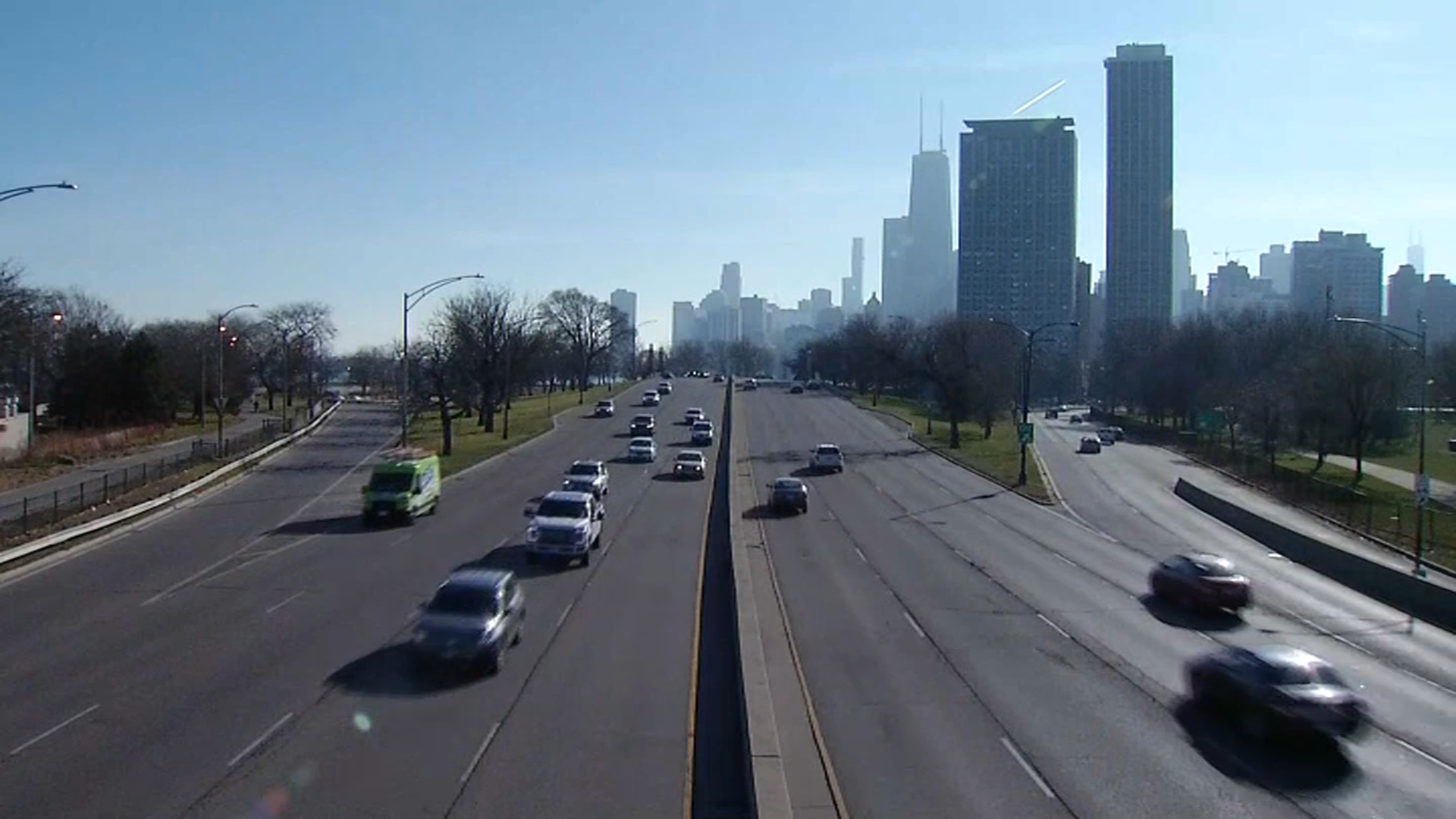On Wednesday afternoon, Illinois health officials laid out their plans for the distribution and administration of a future vaccine for the novel coronavirus, and Dr. Ngozi Ezike, director of the Illinois Department of Public Health, detailed what would be required for the immunization to achieve maximum effectiveness.
Ezike, speaking at a daily press conference held by Illinois state officials Wednesday, said that in order to achieve so-called “herd immunity” with the vaccine, approximately 80% of the state’s population would have to receive the treatment.
“Once a safe and effective vaccine is available, CDC planning assumptions indicate that 80% of the population would need to be immunized to achieve this herd immunity,” Ezike said. “That’s when they think a sufficient proportion of the population would be immune to this disease, which would then make spread very unlikely.”
Under the provisions of the state’s “Restore Illinois” plan, Phase Five would only be reachable when a vaccine or effective treatment was made widely available for the virus. That phase would eliminate all restrictions levied by state officials, including occupancy limits and limits on gathering sizes.
The vaccine, which is still in development by a myriad of companies around the world, is of course not publicly available yet, but the CDC has asked state governments to begin putting together their plans to distribute the vaccine quickly and effectively to the general public when it does become available.
According to Illinois health officials, the vaccine will be distributed to local health departments through the I-CARE immunization registry, and those departments will then administer the vaccine to individuals in those communities.
Local
Those in vulnerable populations, including first responders, healthcare workers, and staff and residents of long-term care facilities, would be given first priority for the vaccine when it becomes available.
The vaccine would then become available to the general public as production ramps up, and Illinois officials say that the treatment will be made available at no cost once it is ready for public use.



